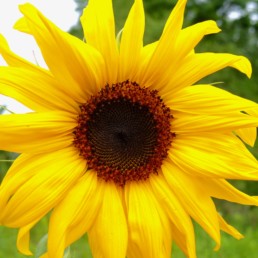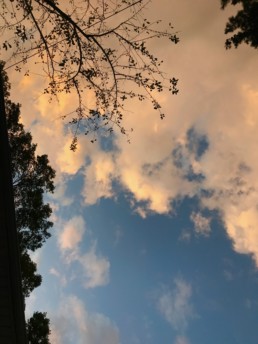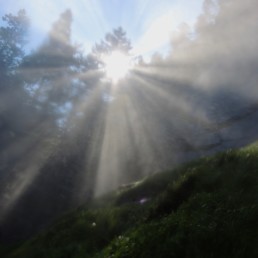“Summer afternoon — summer afternoon; to me those have always been the two most beautiful words in the English language.” — Henry James
A summer afternoon, allowed to stretch out and unfold in its languid glory, may be all the recompense required for having lived through the gritty days of winter in the Upper Midwest. Something about the long slant of sunlight, the warm rays slathered like honey over thirsty skin, affects us like a collective dream or a favored memory. We forget the gray weeks of February; we forgive the May snowstorm.
"Summer afternoon-- summer afternoon; to me those have always been the two most beautiful words in the English language."
— Henry James

There are some who live in the upper latitudes that embrace the cold and snow of the winter months. I share a bit of their enthusiasm for six weeks or so between Thanksgiving and New Year’s. Then I struggle to appreciate their point of view for the next four months. And of course there are the shoulder seasons of spring and fall that inspire wonder in their tumult and magnificence. To live in a place with changing seasons is to be awake to the passage of time and its effect on living day to day.
The summer solstice bends that sense of time and plays with our awareness. The solstice is both the first day of summer and the longest day of the year. Summer finally arrives, and the days already begin to get shorter. In June the solstice does feel like a beginning, not an ending wrapped in its own emergence. But by the time we are fully immersed in the season, the signs of its disappearance are already palpable. The morning sky awakens more slowly, cricket song begins and fireflies flame out.

I don't know exactly what a prayer is.I do know how to pay attention, how to fall downinto the grass, how to kneel down in the grass,how to be idle and blessed, how to stroll through the fields,which is what I have been doing all day.Tell me, what else should I have done?
-Mary Oliver
I overfill the long days of this fleeting season — it’s like trying to quench a thirst by drinking from a waterfall. When September arrives I am breathless and blinking in the late afternoon sun, brimming with memories but a little exhausted.
A long time ago I knew how to be “idle and blessed” like Mary Oliver in the poem “The Summer Day.” Those childhood summers roost in nostalgic corners, as wide as the arc of the cornflower sky. They shelter a girl who knew how to watch grasshoppers and chase butterflies, how to “kneel down in the grass,” how to pray. She must surely still know how to inhabit a day and let it unfold as she once did, before life became urgent and compressed, before a summer day was something to be seized and consumed whole.
Those childhood summers roost in nostalgic corners, as wide as the arc of the cornflower sky. They shelter a girl who knew how to watch grasshoppers and chase butterflies, how to "kneel down in the grass," how to pray.


The solstice will unfold as it always does, as both a beginning and the whisper of an end. I will be standing at the misty bottom of the cascading summer days, still trying to drink them in. But perhaps sometimes I will also remember how to let go, how to be — the water washing over me, idle and blessed on a summer afternoon.